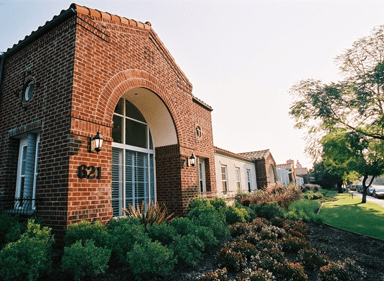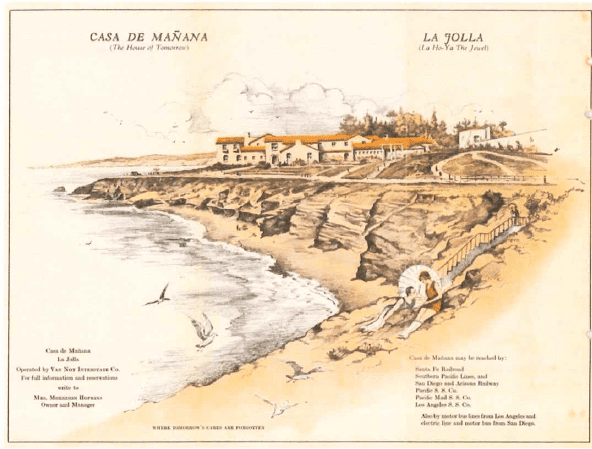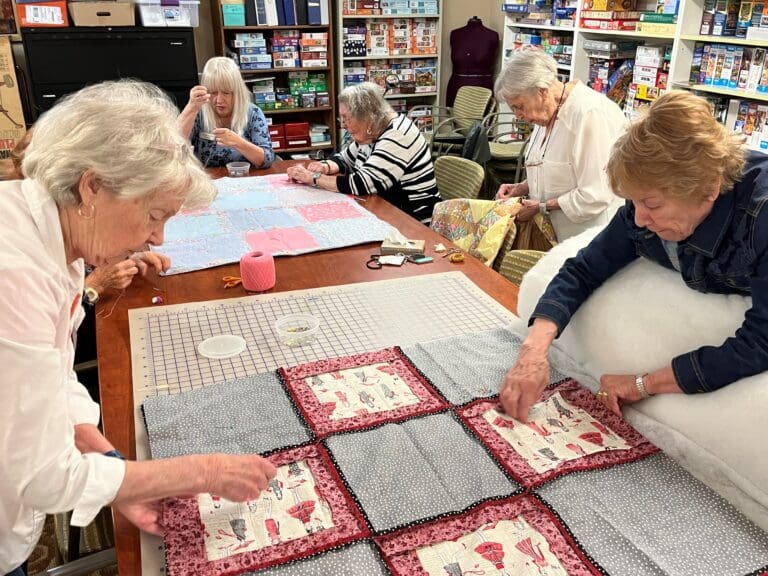September 15, 2020
On Forgiveness and Renewal
On the evening of September 18th, Jews throughout the world will begin celebrating Rosh Hashanah, the Jewish New Year. We will light the festival candles and say the Shechechiyanu blessing, in which we express our gratitude to God for allowing us to celebrate once again this holiday of hope and renewal. We will bless the sweet wine and the round challah filled with raisins, a reminder of the circle of life. We will also say a blessing over the apple cut into slices, which we dip into honey as an expression of our hope for a full, sweet year. We will look into the eyes of our immediate family and pray for health, joy and good fortune in the year ahead.
However, this year is unlike any previous year due to the worldwide pandemic. Instead of multiple tables filled with family and guests and a delicious holiday meal with all our favorite family dishes, extended families will connect virtually through computer screens. In Judaism, we are supposed to pray in community. This year, most synagogue services will be viewed through Facebook or Zoom. We can’t share our ritual community meals or sing together with one another, or kiss and hug our beloved extended family and friends. I believe many of us will be experiencing feelings of loss and isolation.
On Rosh Hashanah, we focus on our relationship with God, the creator of the world. On Yom Kippur, the Day of Atonement, which occurs ten days later, we ask forgiveness from God as well other human beings for where we have erred in those relationships. Recently, residents have asked me, is God punishing us with this pandemic? Did God cause this pandemic to teach us a lesson? What does God want from us? I do not know the answer to these questions but I do know some of the lessons from this unprecedented time. The corona virus has taught me to appreciate all the first responders – our doctors and nurses, our caregivers and life enrichment specialists, our letter carriers, grocery workers and how they put their lives on the line to care for us. We owe them respect, honor, fair wages and medical care. On a personal level, individuals are reconnecting with long lost friends and distant relatives. These acts of connection are helping us overcome some of our feelings of isolation and mend our fractured relationships. One of Judaism’s greatest spiritual tools is the act of forgiveness (teshuvah) which is one of the major themes of the High Holidays. By expressing regret for our actions, we ask forgiveness from God and others. This is our task on Rosh Hashanah and Yom Kippur and the entire period of the Yamim Noraim, the Ten Days of Repentance. We can work on improving ourselves, our relationships and hopefully, our world.
May this New Year bring us a vaccine that will allow us to gather once more with our loved ones, friends and community. We pray that we are blessed with peace, prosperity and blessings in this coming year.
L’shana Tova Tikateyvu – May we all be inscribed in the Book of Life for a joyous, healthy, and peaceful year.
by Rabbi Aliza Berk, Wesley Palms Retirement Community
Rabbi Aliza Berk is the Director of Spiritual Care at Wesley Palms, a not-for-profit retirement community serving residents in San Diego, California. The philosophy of community at Wesley Palms is to nurture the whole person including the celebration of meaning and purpose in ways that are unique to each individual. Here, residents can expect to enjoy the spirit of the individual and strength of community.
The post On Forgiveness and Renewal appeared first on Front Porch.


